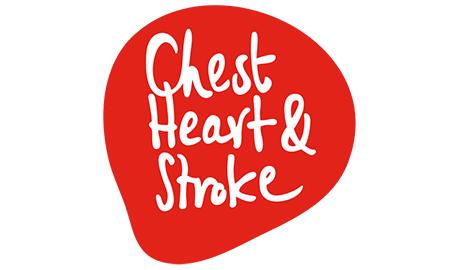Heart Attack
A heart attack, also known as myocardial infarction, occurs when an artery becomes blocked. Coronary heart disease is one of the leading causes of heart attack. It causes a build–up of fatty deposits (plaque) on the walls of the coronary arteries, which narrows them. These fatty deposits can then rupture and trigger the formation of a blood clot.
A blockage may also result from a spasm or sudden narrowing of a coronary artery. As a result, the heart muscle is starved of oxygen and may be permanently damaged.
The symptoms of a heart attack vary from person to person but may be characterised by the acronym STOP:
STOP is an acronym for:
S – Something’s not right – symptoms can start slowly
T – Tightness or pain in the chest, pain in the arm, neck or jaw
O – Other symptoms such as shortness of breath, nausea or sweating
P – Phone 999 immediately – the ambulance crew will do an ECG.
The last letter of STOP is very important – phone 999 immediately. There’s no time to waste when chest pain strikes. Every minute that passes can mean the difference between life and death. Our advice is to call 999 rather than driving the patient to hospital, because the ambulance crew can provide treatment at the scene
Unlike angina, pain associated with a heart attack is not usually relieved by rest or nitrate sprays, such as GTN (Glyceryl Trinitrate).




















































